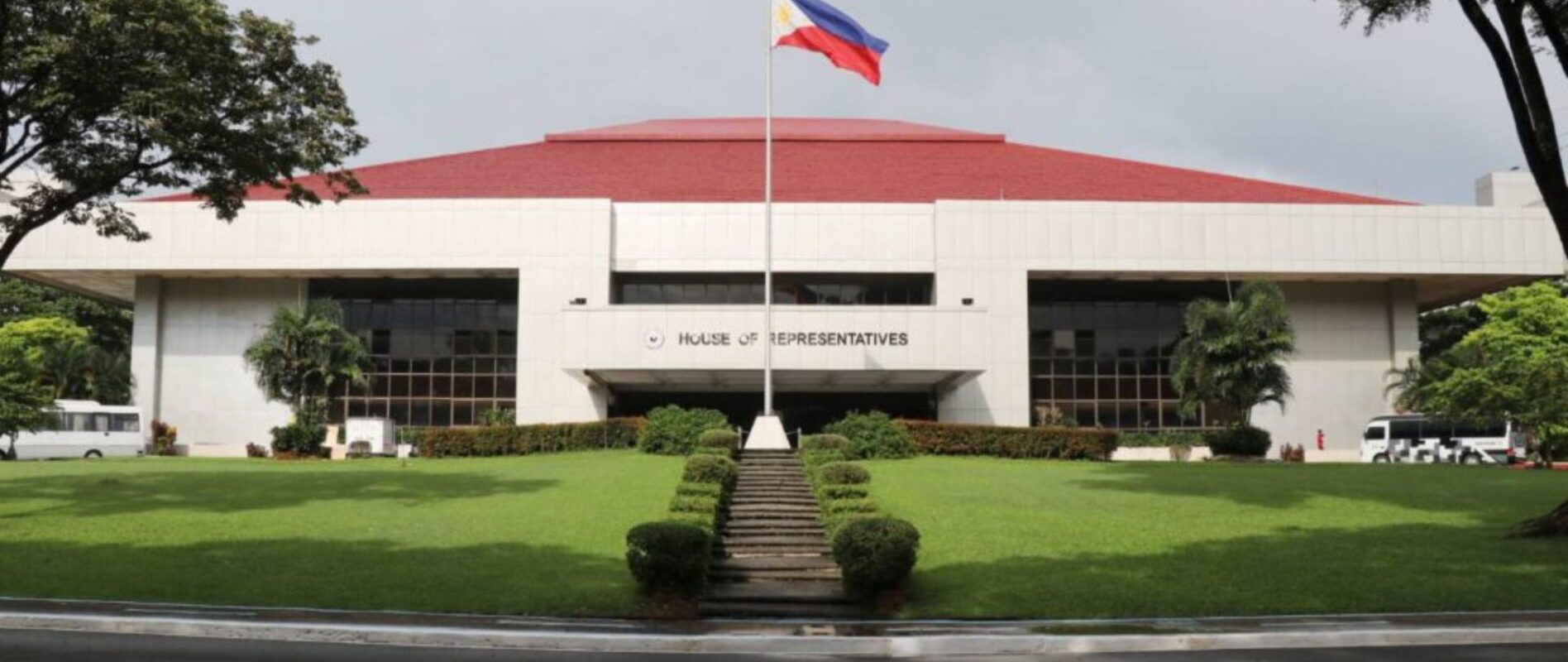A NOT-SO-NEW ERA FOR CAMPUS JOURNALISM
For many years, most student publications in the country have resisted the changes brought about by the modern world in terms of the landscape of campus journalism and have continued to stick to the traditional methods in running their operations. Now that there is a pandemic that prohibits schools from conducting face-to-face classes, these conventional ways certainly cannot work, and school papers have no choice but to shift and adapt to the modern platform that has already been there but has not just been fully embraced.
Ever since the implementation of the Campus Journalism Act in the Philippines, schools have become an avenue for students to hone their skills in writing and harness them for the greater good as student journalism has since become a platform for these young writers to catalyze change not just inside the portals of their institutions but more so, in the larger community as well. Republic Act 7079 has definitely paved a way for budding writers to have tremendous opportunities which did not only train them to be responsible campus journalists but also geared them towards the field of development and mass communication, and now, many of our media practitioners at present are the products of this type of journalism on the campus level. However, in as much as the world has already developed, including the forms and types of communication made available to people, it seems like student publications have remained in 1991.
It is apparent how many schools still conform to traditional publications, such as tabloids and magazines, even until today when the youth no longer see them as appealing. The annual competition held by the Department of Education still have their focus on the traditional types of journalism and has not made so much emphasis on the field’s growth like digital journalism and online publication. Although it has offered online categories for school papers to join and take part in, campus paper writers themselves have yet to fully consider it as the face of campus journalism today.
Yes, keeping the conventional methods is truly essential in building the foundation of the student writers’ knowledge in campus journalism and in journalism in general; however, it must never become a barrier for these student publications to look into new avenues wherein their words become more effective and influential to their readers, which are the youth that is mostly members of the Generation Z already.
It seemed like some school papers have waited for this pandemic first before they were able to see the need to go online or even just integrate online platforms in the way they do things in their respective publications. Now that there is a health crisis, many school papers now are not just simply making their online pages as dumps of their announcements for it is evident how campus writers are exploring this new field of student journalism by utilizing modern technologies to deliver the truth to their readers and to exercise press freedom.
Now that we have already entered into a not-so-new era in the field of campus journalism, may we continue to move forward towards the development of the student writers and not just the student publication itself, while keeping in mind that all these will never be possible if not for the basics and conventional methods and forms of journalism.














